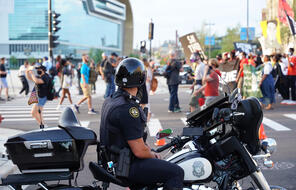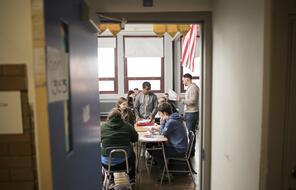Resource Library
Find compelling classroom resources, learn new teaching methods, meet standards, and make a difference in the lives of your students.
We are grateful to The Hammer Family Foundation for supporting the development of our on-demand learning and teaching resources.

Introducing Our US History Curriculum Collection
Draw from this flexible curriculum collection as you plan any middle or high school US history course. Featuring units, C3-style inquiries, and case studies, the collection will help you explore themes of democracy and freedom with your students throughout the year.
3286 Results
The Reconstruction Era and the Fragility of Democracy
Use this rich collection of Reconstruction era primary sources, videos, and a 3-week unit to engage your students in this pivotal period in US history and its legacies today.
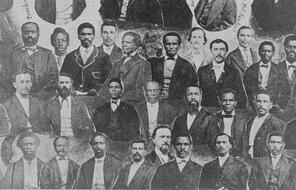
Back to School: Building Community for Connection and Learning
These back-to-school activities and teacher resources will help you lay a foundation for a reflective and caring community at the start of the school year.
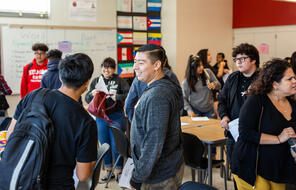
The Reconstruction Era Primary Sources
Enrich your teaching on the Reconstruction era with these primary source documents and images.
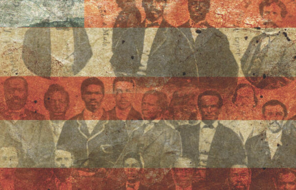
Standing Up for Democracy
Designed for students in the United Kingdom, these lessons foster the critical thinking, mutual respect, and toleration necessary to bring about a more humane society.
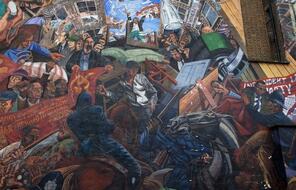
Teaching Resources for the US Elections
Use these resources on voting, media literacy, polarization, and bias to talk about US elections with your high school and middle school students.

Current Events Toolkit
This toolkit provides flexible and adaptable tools and strategies for integrating current events into your teaching.
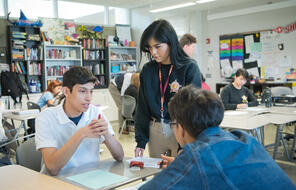
Current Events in the Classroom
Explore classroom resources for making connections between current events and your curriculum, including activities and discussion strategies for high school and middle school students.
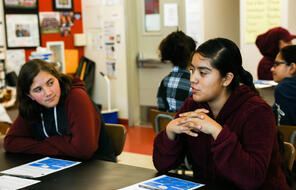
The Nanjing Atrocities
Explore this collection of lesson plans and student materials that place the Nanjing Atrocities within the larger context of World War II in East Asia.
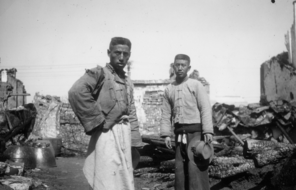
Materials for From Reflection to Action
Access all the teaching strategies and additional resources referenced throughout the guide From Reflection to Action: A Choosing to Participate Toolkit.

Totally Unofficial: Raphael Lemkin and the Genocide Convention
This unit explores the legacy of Raphael Lemkin, who coined the word "genocide" and drafted the Genocide Convention. A study of Lemkin's work helps students understand traditional world history themes such as sovereignty, diplomacy, and law; as well as deepen students’ understanding of political responses to mass violence.
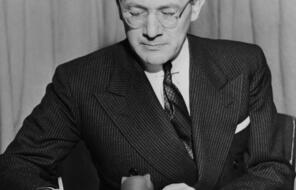
Policing and the Legacy of Racial Injustice
This series of mini-lessons is designed to help students think critically about the long and troubling history between law enforcement and Black Americans.
